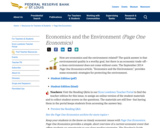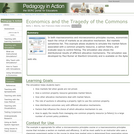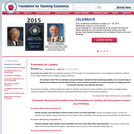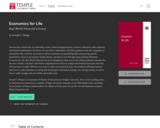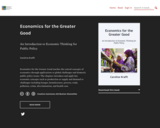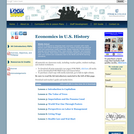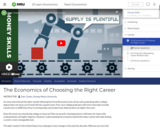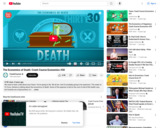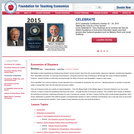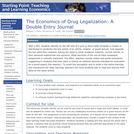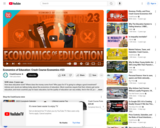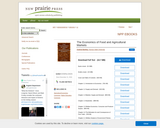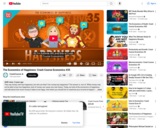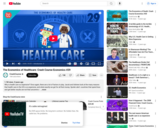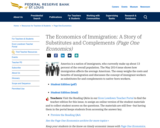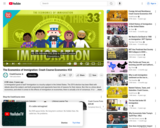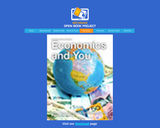
Understanding economics, what some people call "economic literacy," is becoming essential for citizens in our national and increasingly interconnected world economy. Increasingly, productive members of society must be able to identify, analyze, and evaluate the causes and consequences of individual economic decisions and public policy including issues raised by constraints imposed by scarcity, how economies and markets work, and the benefits and costs of economic interaction and interdependence. Such literacy includes analysis, reasoning, problem solving, and decision making that helps people function as consumers, producers, savers, investors, and responsible citizens. - From the Michigan Grade Level Content Expectations
- Subject:
- Economics
- Social Science
- Material Type:
- Textbook
- Provider:
- MIOpenBook
- Provider Set:
- Michigan Open Book Project
- Author:
- Brian Weaver
- Katie Hintz
- Kelly Dutcher
- Kim Noga
- Ronalyn Arsenau
- Travis Balzar
- Date Added:
- 08/15/2015
